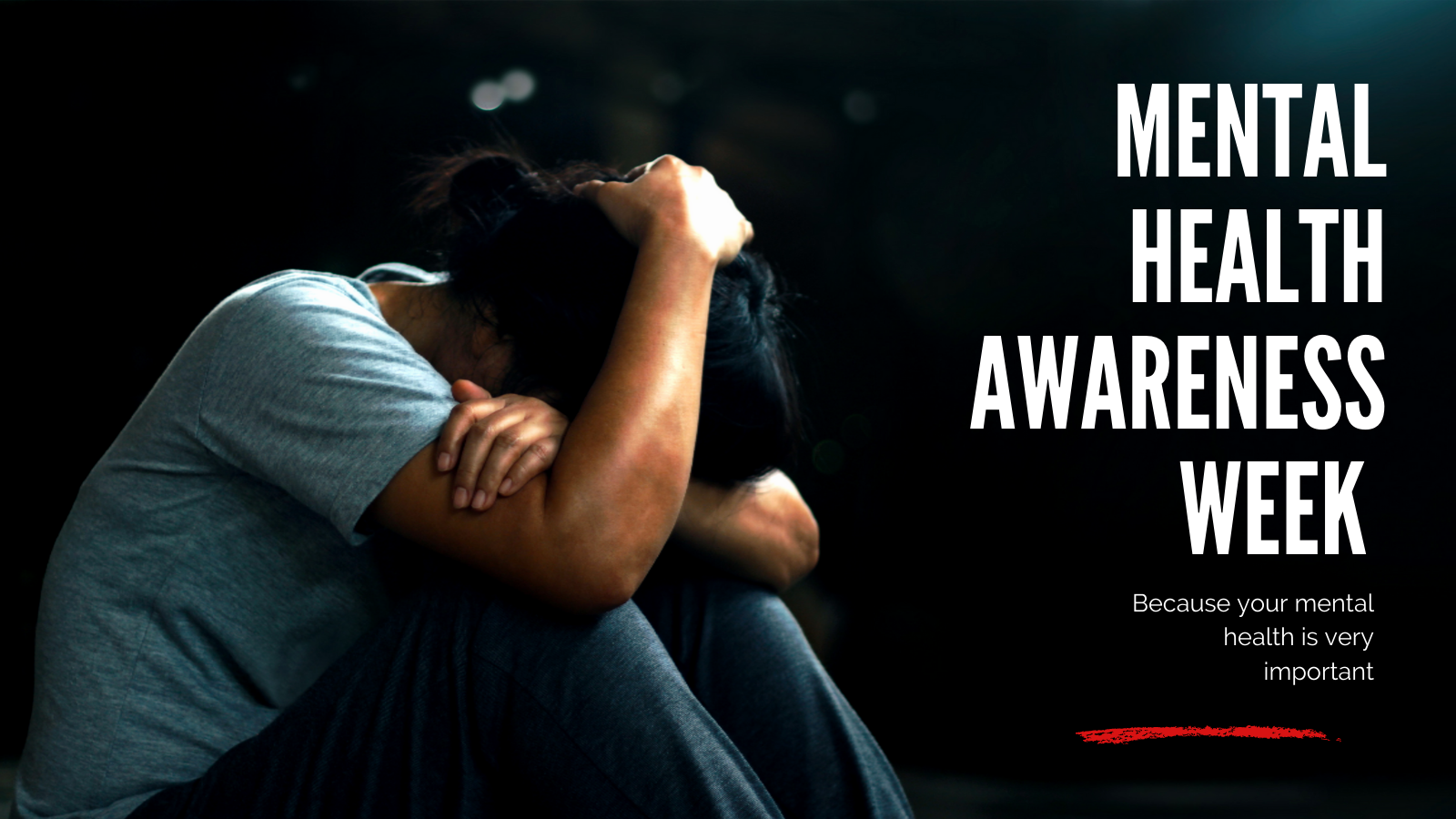3. Access and signpost self-care resources
Self-care strategies can help to reduce the symptoms of many mental health problems. Organisations should aim to support employees in the following self-care techniques.
Exercise
Regular physical exercise can help to improve mental health. Why not start a colleague running club, organise a weekly yoga class or point employees in the direction of local gym facilities?
Healthy eating
Healthy eating is good for mental health too. You might like to promote a culture of healthy eating by facilitating recipe swaps or by treating your team to a weekly fruit basket.
Relaxation
Everybody needs to relax and recharge. If employees don’t find it easy to switch off from work, mindfulness techniques can help.
Point your team in the direction of mindfulness resources, so they can develop the skills they need to de-stress — even in the midst of a busy day.
Connection
As we learned earlier in this article, loneliness has a negative impact on our mental health. We need regular human connections to stay mentally healthy.
Don’t take it for granted that employees are getting this connection away from the workplace.
Encourage informal staff get-togethers at break times and after work to promote the interaction we all need so much.
